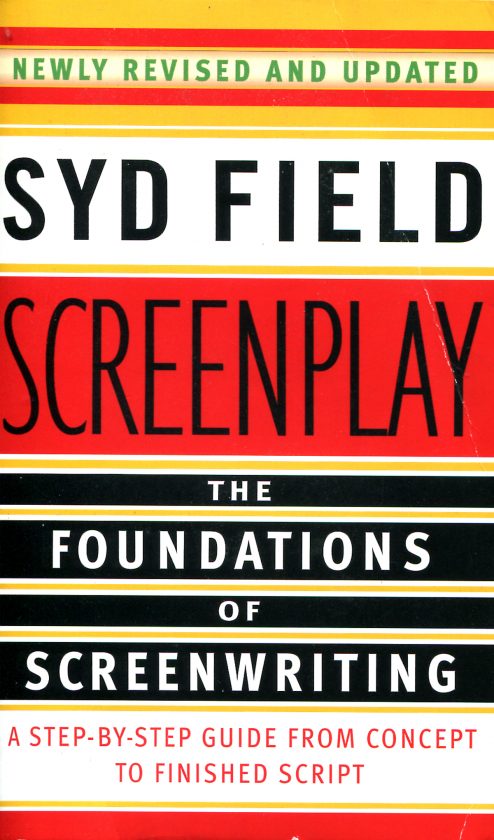Write Now: Trying Your Hand At Screenwriting Is Not Easy

In my younger years, I used to watch a lot of TV and movies.
I watched TV and movies for entertainment, and that was it.
As I have become older, I watch TV and movies for a different reason – writing.
I guess it was always lurking in the background when I would watch something on the screen. I wondered what a TV or movie script looked like and who wrote them.
When people think of TV or movies, few are thinking about who wrote a show or movie. In my opinion a takeaway from the popular movie or TV show isn’t the writing. People probably concentrate on the actors, setting, and special effects. Only die-hard writers probably think about the script.
Before the National Comedy Center first opened, I was lucky enough to get a tour. While I was intrigued by the many attractions, nothing held my interest more than four typewritten pages in a glass case.
If someone had not pointed them out, I probably would have walked right by the case without knowing what was in it.
But I stared down.
And smiled.
Four first-pages of scripts, “Mary Tyler Moore,” “The Golden Girls,” “Seinfeld,” and “Friends,” stared back at me. What made the experience so memorable were the handwritten comments on the pages themselves. Underneath the glass there was a table-read version of a “Seinfeld” episode where handwritten notes on what to revise before shooting began were visible in the margins. A table-read script is where the actor will sit at a table and read the script before any shooting begins.
Producer, director, writer Carl Reiner will have his personal collection of production-used scripts from “The Dick Van Dyke Show” digitally preserved at NCC.
Back to my point: TV or movie scripts are probably the last thing somebody thinks about after seeing a show.
When I was younger, I know I didn’t.
Now I watch TV and movies for that reason. I am listening to the dialogue and I am watching to see how scenes are put together.
Can you imagine having a conversation with one of your friends after seeing a movie and the first aspect you comment on is the script. The conversation would probably go something like this:
“Great movie.”
“I know. Kinda long though.”
“But the writing was superb.”
“Huh?”
“Loved the dialogue.”
You do have that script conservation, but you just don’t know. When you and your friend recall lines from the movie or TV show that make you laugh or think, you are having that conversation.
Dialogue from the explosive courtroom scene in “A Few Good Men” stands out. Aaron Sorkin’s script is powerful. You see and hear Jack Nicholson as Col. Nathan Jessep say to Tom Cruise as Lt. Daniel Kaffee “You can’t handle the truth!”
The scene has weight because of the dialogue, but dialogue itself doesn’t make a script.
A script is also a set of directions that a director and actors will interpret when making a film or show. That coveted script may go through extensive rewrites to get it where it needs to be. Screenwriters rewrite their material. It seems like people pay less attention to the screenwriters.
If you have time, browse the Internet for scripts. You may want to check out Stephen Cannell who wrote many TV scripts for some popular shows including “The A-Team,” “21 Jump Street,” “The Greatest American Hero,” “The Commish,” “Renegade,” and “Silk Stalkings.” You can view some of his scripts and see how they are formatted at cannel.com.
A reference book for aspriring screenwriters is “Screenplay: The Foundations of Screenwriting,” by Syd Field.
So for a TV show or movie to get the proverbial “green light,” it needs to have a tight script.
So as I have been saying for some time now, even a screenwriter use the writing process to get their scripts to move ahead, so shows or films can be made.
So the next time you watch a film or TV show, really watch the film or TV show and look and listen.
It’s that simple.
It’s that hard.




